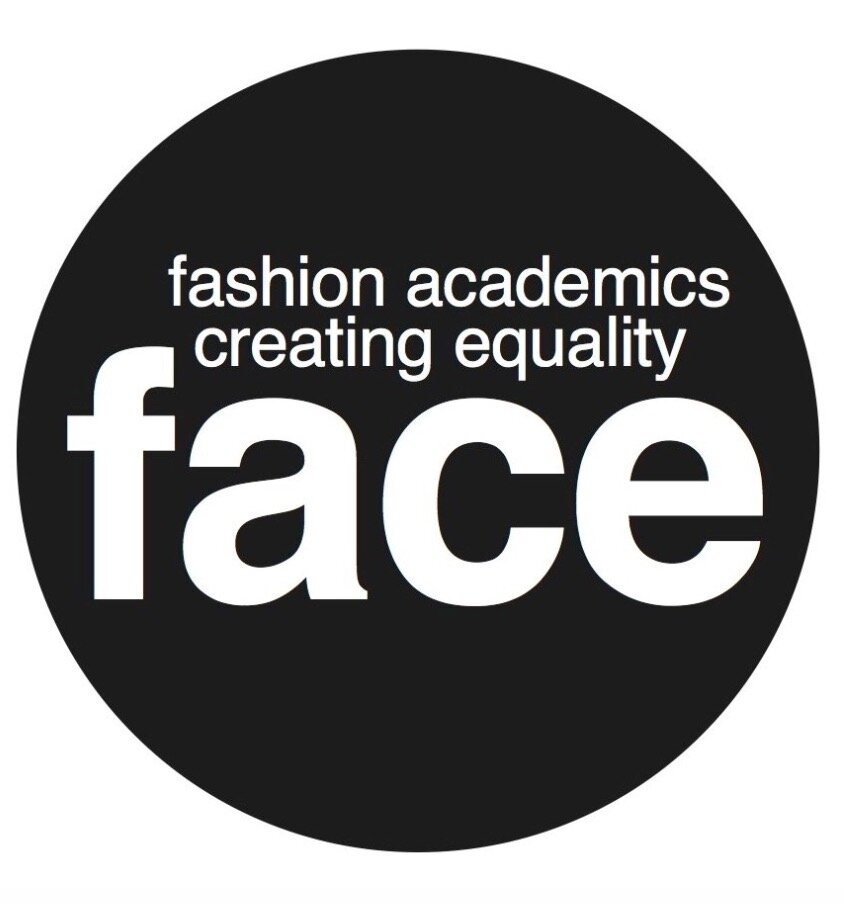FACE Race: Student Feedback
FACE RACE Teaching Resource: This companion page is one of many included in the 1st Edition Handbook. Download it here
Student feedback from an anonymised focus group facilitated by FACE Race Handbook contributors gives us insight into nuanced struggles that effect students and could be improved by educator empathy, curiosity and research. Three main points were repeated throughout the feedback
More representation is needed across staff at all levels
Tutors need to reposition themselves as learners not the gate keepers of all knowledge
Tutors need to care about and create authentic integration
Assessment
Resources
Consideration of the choice of books given to students in core reading must offer wider cultural content to recognise authors and content that relates across cultures.
In lectures when discussing individual artists and designers etc., students wish for recognition of a more considered selection of individuals. Specifically better representation of a diverse industry with encourage of students to see themselves in the broader spectrum of inspirational figures.
Awareness is required for the cost of books and other materials. Low income students find it upsetting when assumptions are made about affordability combined with lack of recognition of the impact of limited resources upon end results.
Action towards co-creation
Making better emphasis and use of library sources, with wider choices not focusing on one source that might only be used for one semester. Books, films, features and articles can be recommended across module but this could be considered across Year or Programme.
Empathic behaviour
How tutors present cost or value arouses intense feelings amoungst students struggling to finance new course products. Deeper empathy and recognition of low income students together with creative solutions for them to access the same or similar resources should be forthcoming. See more below.
Cost
Students felt particularly disadvantaged in relation to wealth and elitism which can exist in some assessment areas. Cost seems no object for some students immediately creating a ‘false’ divide in attainment and elitism.
This is more pressure in practice based courses where collections, product and material needs to be accessed and created for Final Projects. Students felt this issue crossed race and class creating unfair and under-the-radar assessment practices.
Costs of education that are incurred in the semester should be reviewed with clear measures in place to monitor maximum spend and impact on lower income students.
Process
Critique, presentation, one to one, group and peer.
Group work can be particularly triggering with language barriers, cultural barriers and what have been describe by students as ‘hateful’ circles, created by tutors.
Panel critiques can be triggering if the panel is mainly white, leaving students presenting to feel negatively judged or worse, not marked fairly if the topic: perhaps a cultural or political concept is out of the panellist’s comfort zone.
For students with English as a second language this can also be an intimidating environment feeling at a disadvantage within their cohort.
One to One appointments can be very intimidating for Black, Brown and POC students if they feel their needs as students are not met or understood. This can be particularly triggering if a safe space to comment about racism is not created and then responses are disengaged or knowingly dispasionate.
Students can experience different engagement levels accompanied by dismissive behaviours from tutors in relation to their personal issues. This can be particularly challenging if discussing finance where assumptions may be made, or different cultural education where a tutor can be defensive about their white only knowledge.
Group work needs to be managed far more carefully including ‘facilitation ground rules’, for an inclusive environment to be created, managed and maintained as standard.
Staff need to be educated in creating a safe environment for all students in a group. Do staff think about how to help students feel they belong and are valued? This would really help.
More thought needs to be given towards planning panels for assessment. This should include consideration of the content assessors will be viewing and possible recognition that this may place educators in a position of experiencing cultural knowledge deficits. How will both staff and student be supported in this space?
Ethics
Tutors need to be prepared (through newly acquired knowledge if needed) to opperate with anti-racist intention; specifically intervening personally where covert racism, race privilege or race ignorance surfaces.
Black, Brown and POC students felt that it should not be down to them to educate the room or call out racism. This caused anxiety and made them fearful of repercussions, or future bias.
Students also believed an ethical teaching experience should involve culturally competent educators able to skilfully create discussion and learning for everyone around race assumptions, bias and microaggressions. In ignoring or overlooking such an opportunity students were made to feel their presence was not valued. See our excellent intervention recommendation actions for students of all races expertly detailed by Diana Ashley Donaldson here
Second to not carrying out racial discussion when the moment arose, students also observed performative, corny, unproductive conversations which did not challenge or advance white student learning and did not validate or comfort minoritised students’ feelings of diminished self worth.
Students wished to be invited or sign posted to a a safe place to report and discuss campus racism and more importantly to know that someone would act on this knowledge to change the campus culture of ignorance.
Students wished for a space or opportunity where staff would be re-educated and be able to recognise and address what was not acceptable (this was a suggestion of a student who had experienced this).
Students wished for education of staff in order for there to be knowledgeable racial debate when the need arose. Skills to enable and contain the space along with discussion of varied veiwpoints was felt to be key.
